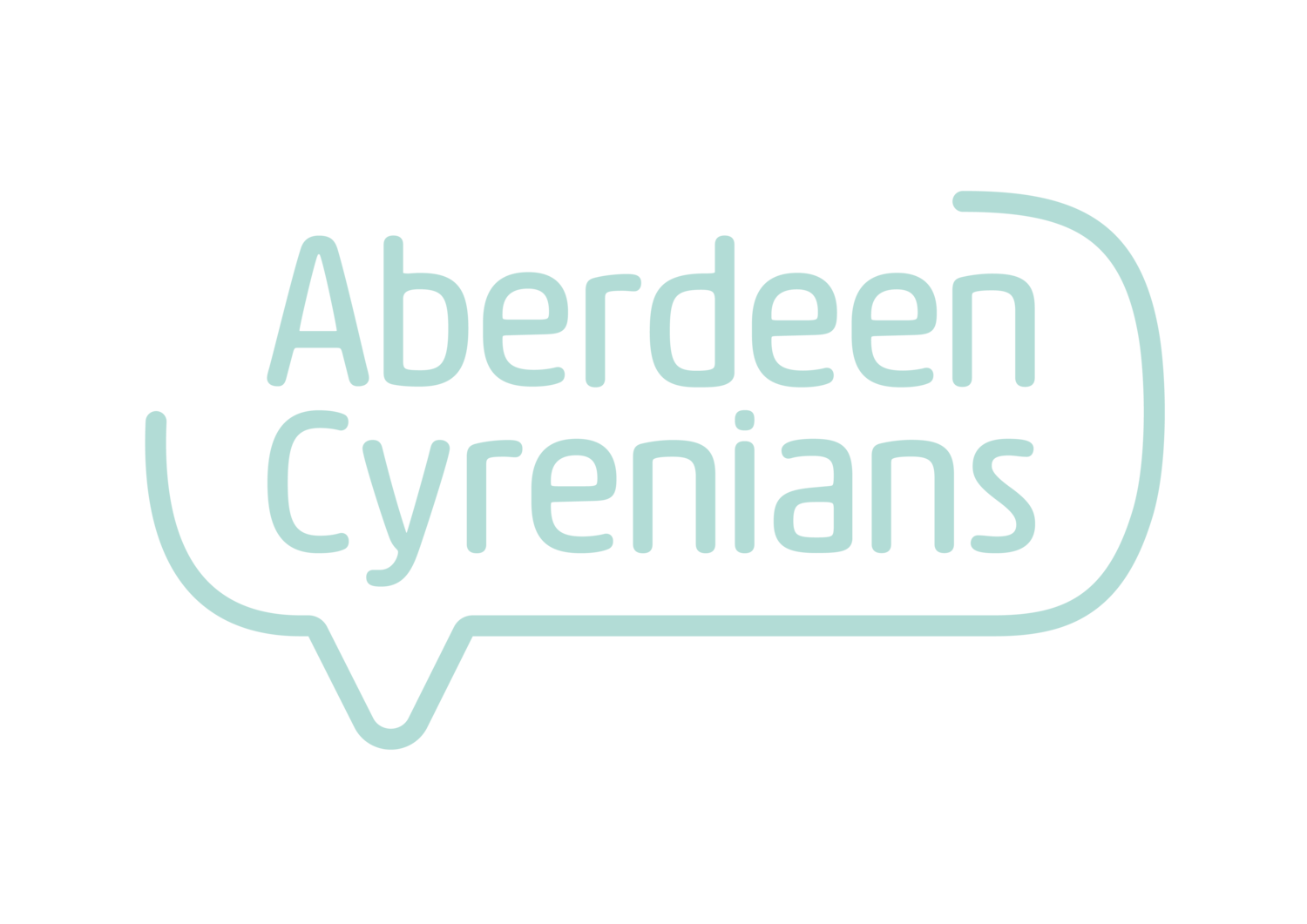Jennifer McAughtrie, Head of Services: Open your eyes to the fight for survival happening on your doorstep
Originally published in P&J 24th March 2023
Jennifer McAughtrie, Head of Services, Aberdeen Cyrenians
Recently The Guardian reported a record number of households in the UK are facing food poverty, with the Independent Food Aid Network stating 90% of food banks are seeing an increase in demand.
The cost-of-living crisis, energy hikes, inflation, food price increases of 16.7% in the past 12 months, and now a dwindling food supply is throwing people into trouble.
We have heard that bad weather, transport issues, Brexit and the war in Ukraine have created shortages of fresh foods. Images of empty aisles in supermarkets highlight the depressing reality of the lack of choice millions face, especially those who rely on the cheapest options. For many, buying expensive items isn’t an alternative. So, what is?
Work more hours and eat homegrown produce like turnips is the response of Thérèse Coffey, secretary of state for environment, food and rural affairs, to fears of food shortages. Sadly, “solutions” offered by leaders mirror a lack of understanding of barriers an increasing number of vulnerable people face.
At Aberdeen Cyrenians, we are seeing the true consequences of the cost-of-living crisis. Our support is “a hand up, not a handout”. We empower people to help them live fulfilling and resilient lives.
We understand the issues contributing and keeping people in crisis. Nothing is as simple as someone not wanting to work; such messages reinforce stigma of vulnerable, socially-excluded people. Challenges are deeper, complex, and impact on people, not because of people.
Working more hours is not possible if shifts are unavailable. You may be a single parent, struggling with childcare costs, lethargic from not eating enough food so your child can eat, and living in freezing conditions.
Recently, a Joseph Rowntree Foundation report found that, in the current crisis, a single person should earn more than £25,500 annually to reach a “minimum acceptable standard of living”. Many who come to us are in full-time, low-wage employment. Poverty deprives all aspects of life.
Many people can’t even afford to boil a kettle
In January 2023, we saw a 10% increase (up from December 2022) of people accessing our foodbank. Outside of Covid, in 55 years of operation, December has always been our busiest month. We are seeing a massive increase in people using our services, many for the first time, who are in employment but need help with food and heating costs.
Much of our food supply come from surplus stocks from organisations but, with shortages and no surplus, few supplies will be available for us.
We rely heavily on the donations we receive regularly from the local community and groups. Amid this cost crunch, we are especially grateful that people are digging deeper with support and increasing donations. Still, we struggle to keep up with demand.
A lack of fresh food threatens foodbanks, because many turn to consuming tinned goods. Increased demand equals further price rises. With more people facing a lack of affordable choice, often the only alternative is to access a foodbank.
Canned goods are a staple in foodbanks because they are easier to store and have a longer shelf life than fresh food. They help people without cold storage keep food safe and reduce energy requirements.
Food poverty often means consuming foods with limited nutritional value. If you have dietary restrictions, you are further deprived of choice. Lack of storage such as fridges and limited cooking methods (some only have a microwave or a kettle) make meal preparation more difficult. Many could not even afford to boil a kettle in order to cook a turnip.
People and charities are struggling – we need change
Research by RGU in 2019 found that the majority of people accessing foodbanks live with three or more debilitating health conditions. A lack of nutritional foods has devasting effects on the absorption of medication and management of side effects; many reduce or dilute their dosage. Some people just cannot afford the food needed for their required medication dose.
On top of food scarcity, lack of nutrition, inadequate housing, heating, and growing mental health issues, stigma remains. Deprivation is a slow-burning silent killer in our community.
Unfortunately, this is a side of Aberdeen many don’t see or, perhaps, acknowledge. In 2023, people are cold and starving.
People are struggling. Charities are struggling. We need change.
It isn’t just a case of eating turnips or working more hours. We need government to step up and show real compassion.
We need likeminded local companies to work with us to create social impact. Leaving people behind is not an option.
We need more cost-of-living-crisis support for everyone, especially the most vulnerable in our society. We must recognise the real issues affecting our community, open our eyes to what is happening on our doorstep, call for change and act for good.
You can donate to Aberdeen Cyrenians foodbank here.
If you need support, we are here to listen. Contact us online, by phone at 0300 303 0903, or email hello@weareac.org

